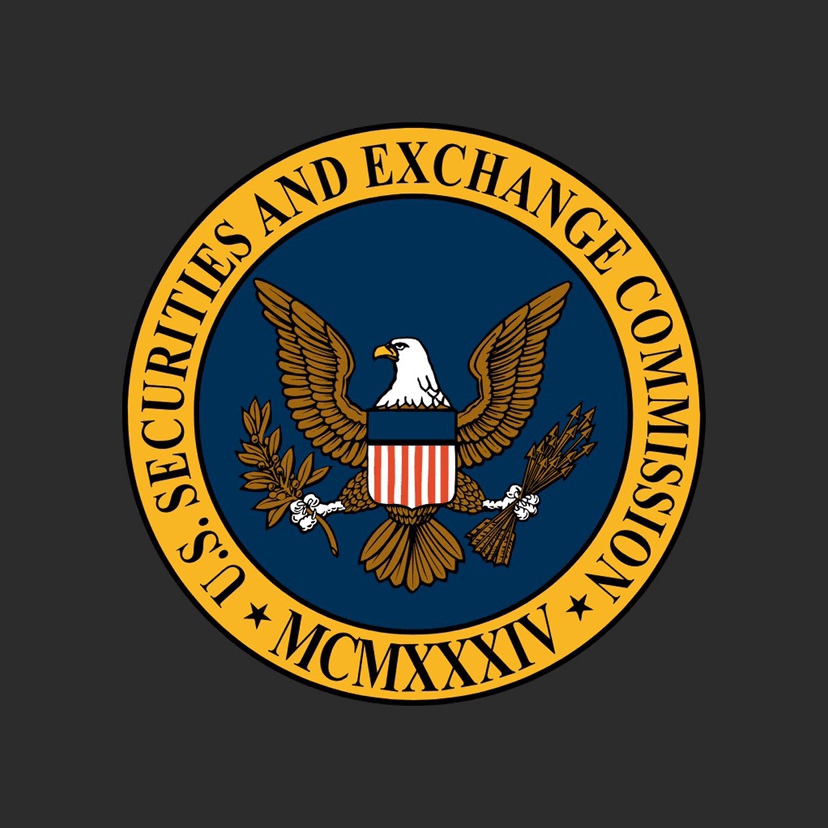
Ripple Labs has raised the tone of its interaction with U.S. regulators. In a letter sent on May 27 to the Crypto Assets and Cybersecurity unit of the U.S. Securities and Exchange Commission (SEC), the company requested clear criteria to determine when a digital asset is no longer subject to securities laws.
The letter responds to a concern raised by Commissioner Hester Peirce during her "New Paradigm" speech, in which she urged a review of the SEC's current approach to cryptocurrencies. Ripple took the opportunity to develop an alternative conceptual framework that seeks to balance investor protection with technological development.
🤔 When does a token cease to be a security?
At the heart of Ripple's argument is a key legal premise: most fungible tokens traded in secondary markets should not be considered securities. The company cites legal research indicating that such assets do not create ongoing obligations between the issuer and buyers, which is a typical requirement for an investment contract.
Additionally, Ripple recalled that in the 2023 court ruling related to its dispute with the SEC, the court determined that secondary sales of XRP did not constitute securities. Only some early institutional sales were classified as investment contracts.
Based on this, the company proposes that a token should only remain under SEC supervision if there are unmet material promises by the issuer, or if the holders still have enforceable rights against it.
"We understand the SEC's concern that some malicious actors could evade responsibilities, or that well-intentioned issuers could raise funds without oversight. But if there is a legal vacuum, it is up to Congress to fill it, not the SEC," the text states.
🛜 From decentralization to network maturity
Ripple also questioned the use of "decentralization" as a criterion for defining whether a token is subject to securities laws. In the company's view, the concept is too ambiguous, and its interpretation varies in legal, technical, and regulatory contexts.
As an alternative, it proposes the use of the concept of "network maturity," a more objective standard that considers measurable factors. According to the proposal, a token should be excluded from the securities regime if it meets three conditions:
Significant market capitalization.
Continuous operation on a public and permissionless network for a specified period.
Absence of unilateral control by an individual or group over the core functions of the network.
With these conditions, Ripple argues that many digital assets are already part of the traditional financial system. It points out that several of them trade in liquid markets and are used as a basis for regulated financial products, including ETFs and futures contracts.
⚖️ Regulatory implications
Ripple's proposal comes at a time when regulatory frameworks for crypto assets are under review in various jurisdictions. In the U.S., the frictions between the SEC and projects like Ripple, Coinbase, or Binance have highlighted the lack of consensus on how to apply securities law to digital assets.
By proposing a more functional and transparent approach, Ripple seeks to have regulation reflect the reality of the current crypto ecosystem. In particular, the company finds it inappropriate to impose registration or disclosure requirements on tokens that have operated publicly and openly for years.
"The application of securities laws to these assets makes no sense if there are no unmet promises or active legal relationships between issuer and investors," concludes the document.
What’s next? 🐋
Although the letter does not imply formal action by the SEC, it does represent a new attempt by Ripple to influence the narrative and design of public policies related to cryptocurrencies. The future of regulation will ultimately depend on legislative decisions, but proposals like Ripple's could serve as a basis for future regulations.

#TradingTypes101 #BinanceAlphaAlert #xrp #TrumpTariffs #Bitcoin2025